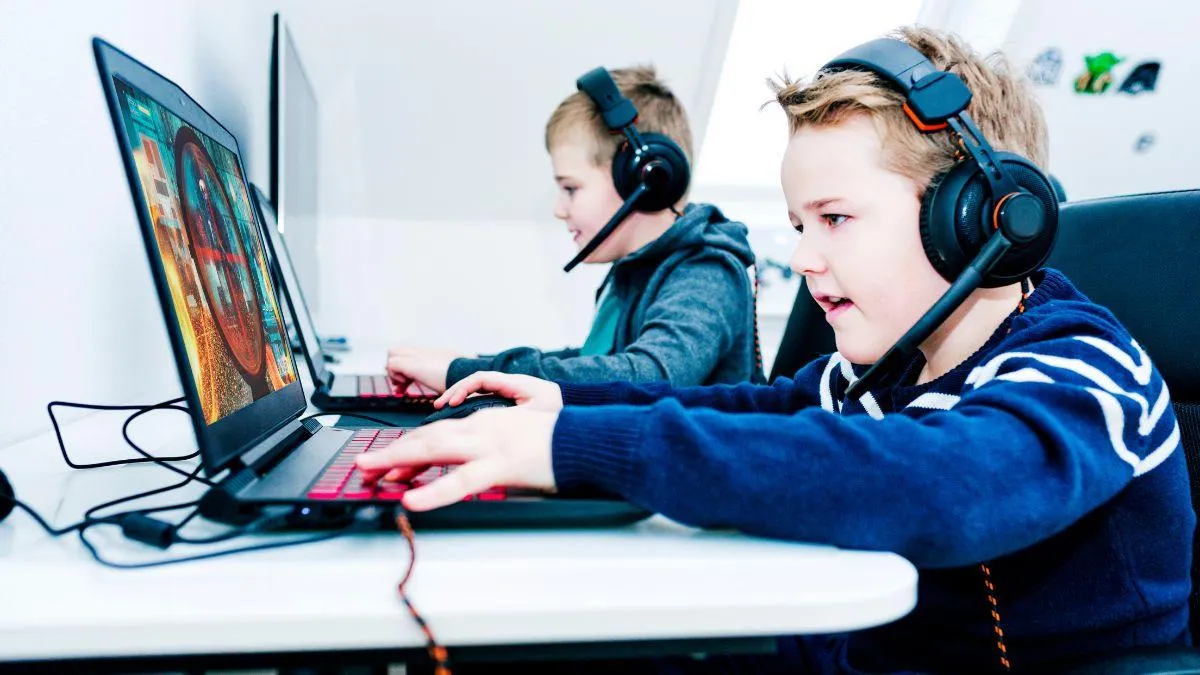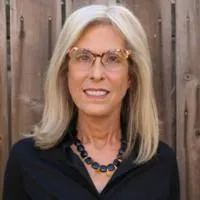The Social Communication Blog
By Linda Boverman

Creating Tribes for our Children
” I would not play so many video games if I had kids to play with.”
A twelve-year-old student

These are the words I heard as two students and I were discussing the video Ilham in Indonesia. Ilham lives on a narrow walk street. He goes to school and even wears a uniform, but he has no running water in his one room home. Small homes like Ilham’s and a scattering of shops line the streets.
Even when the children are in school, there are people walking, venders with food carts, and older folks, sitting on their doorstep, conversing and observing the day. When the children are not in school, the little street bustles even more with play. Ilham is friends with all the children.
As my students and I watched the video, we all sensed contentment and connection in the midst of what we would consider impoverishment. My student’s comment came after a short discussion of community. His words were like an “ah-ha” for me.
Could it be that our children spend so much time on technology and social media not because of its intrinsic allure but more because it is often the only available way for them to make connections and create community? A virtual way that is far from adequate? A way that leaves them truly impoverished?
Three days later, I heard Sebastian Junger speak about his book, Tribe, which confirmed my horrifying suspicions.
Junger was a war correspondent who spent months at a time joining troops in Afghanistan. His experiences made him curious about the lives of soldiers once they left the platoon and returned home.
He wanted to know why so many more military veterans today suffered from deep depression and PTSD upon returning home than veterans from past wars.
From his own experience and research, Junger learned that as members of platoons, these men experienced a close-knit community, deep connection, belonging and caring. They trusted each other with their lives. This sense of community and being a valued member of a group was so compelling they would sign up for repeat tours of duty. Simply put, they were experiencing the results of being a member of a TRIBE.
Then they returned to the United States. For many transitioning back to the American way of life was a struggle. PTSD and depression are real. But only about ten percent of our recent military experienced combat, and an unprecedented forty percent applied for PTSD compensation. Why?
Junger’s research led him to the conclusion that this was due to the overwhelming challenges of finding a tribe in our individualistic, unconnected, and “civilized” society. It was due to our alienating society.
He found additional support for his thinking in history, citing evidence of settlers voluntarily joining American Indian tribes or voluntarily staying after being captured due to its communal nature. He never found an incidence of an American Indian voluntarily joining “civilization”.
Junger’s findings brilliantly described in Tribe are deeply significant for everyone and especially for future generations.
When I was in elementary school, my brother and I would walk three blocks, sometimes independently, to a neighborhood park. I would play on the swings and climbing structures with whomever was there. My brother would play pick-up baseball with random kids from 5 year-olds to 15 year- olds, the older boys adjusting the game for the younger ones.
During the summer, at our tiny beach town cabin, we would spend all day playing with kids from homes on the narrow alley or swim down the river to the beach, spending all day body surfing and warming ourselves in the sand. We had tribes.
I understand that times are different now, but that makes finding a tribe for our children–no less ourselves–even more urgent. “…a lot of social ills [are the result of] lack of community,” says Junger.
We all must consider what impoverishment really is. Is it not having all the conveniences life can afford us or is it not having deeply bonding connections in community–a tribe?
If we don’t have a tribe or our children don’t have one, please find one for them. It is necessary for our well-being and that of our children.
“We get our emotional needs met from the group.”
Sebastian Junger

Copyright 2023 . All rights reserved
lindaboverman@gmail.com
(213) 804-7750

